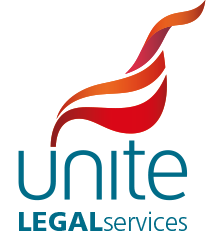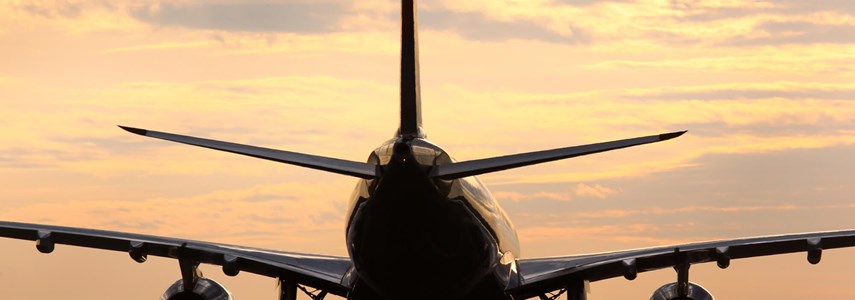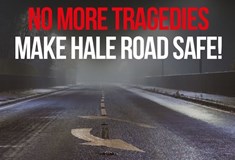Research by Unite has found that aviation workers across the entire sector are working excessive hours to keep the sector functioning.
With increased demand for flights about to start with the beginning of the school holidays this weekend, Unite is urging passengers to treat workers with respect and to understand that they are working in extremely difficult circumstances.
In the majority of cases workers report working 60 hours (including 20 hours of overtime) a week as standard. Although in an extreme case Unite has discovered workers being expected to work between 80 and 90 hours a week.
Workers report that the excessive amount of overtime is a direct result of staff shortages across the entire aviation sector. Workers also report that they feel unable to turn down overtime due to struggling to make ends meet as a result of the cost of living crisis.
Unite general secretary Sharon Graham said:“The aviation sector is being held together by the sticking plaster of workers undertaking excessive amounts of overtime.
“This is simply not sustainable. The sector can’t recruit the workers it needs, many existing staff are leaving and those who remain are becoming exhausted and ill due to the long hours and stress they experience.
“The current recruitment and retention crisis will continue until all aviation workers receive a fair day’s pay and decent conditions. Aviation can’t be run on the cheap and Unite will always protect its members’ jobs, pay and conditions.”
Unite has found that airports are offering up to an extra £100 to security guards for each additional shift they undertake and ground handler agents an additional £320 per day. These are sums that should be used to uplift basic pay to decent rates and not just fill gaps in operations due to shortages.
In some cases, the number of shifts being offered to individual employees is so great that Unite is becoming increasingly concerned about worker and passenger safety due to exhaustion and fatigue.
Meanwhile, levels of abuse, including incidents of violence and threats to staff, at some major airports have become so severe that employers have begun to trial the use of body cameras to deter violence against staff.
In addition, workers, including cabin crew, report that they have on occasion been required to work beyond legal ‘flight time limitations’ as they haven’t received sufficient rest and are often denied the breaks and rest periods they are entitled to receive.
All this means that there are reports that even before the school holiday period has begun many aviation workers are leaving the sector due to the excessive demands, stress and low rates of pay. Turnover rates have been reported as high as 27 per cent in parts of the sector.
Unite national officer Oliver Richardson said: “Sadly further disruption across the aviation sector is inevitable this summer. This is a crisis of both the government’s and aviation sector’s own making. Too many workers were cut during the pandemic and the reductions to pay and conditions for those that remained made the industry unattractive to new starters.
“Passengers should remember that aviation workers are doing their best in very difficult circumstances, whilst dealing with chronic understaffing and significant numbers of newly employed colleagues. Every worker deserves to be treated with respect. Unite will of course give any member who experiences verbal or physical abuse its full support.”









